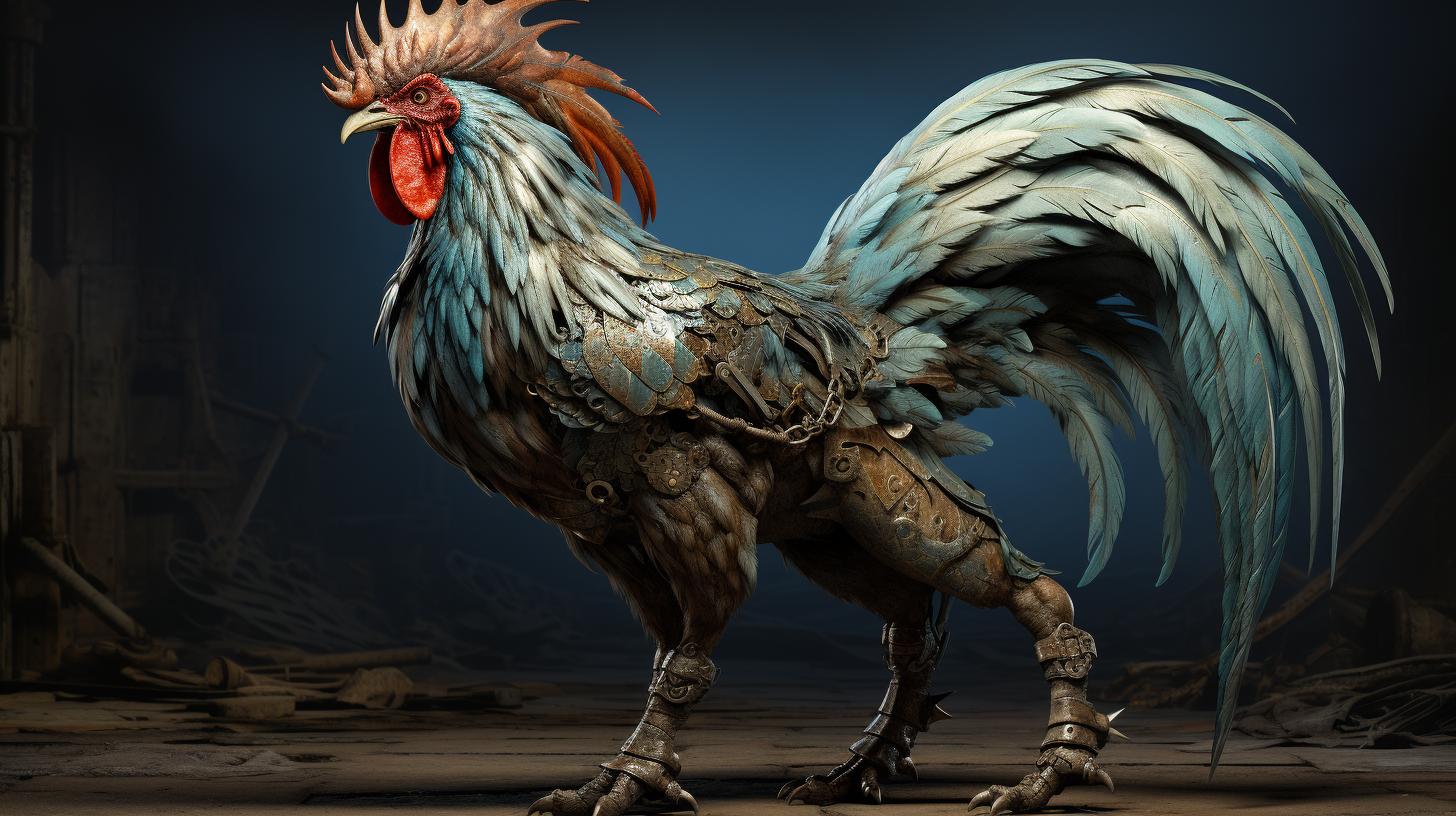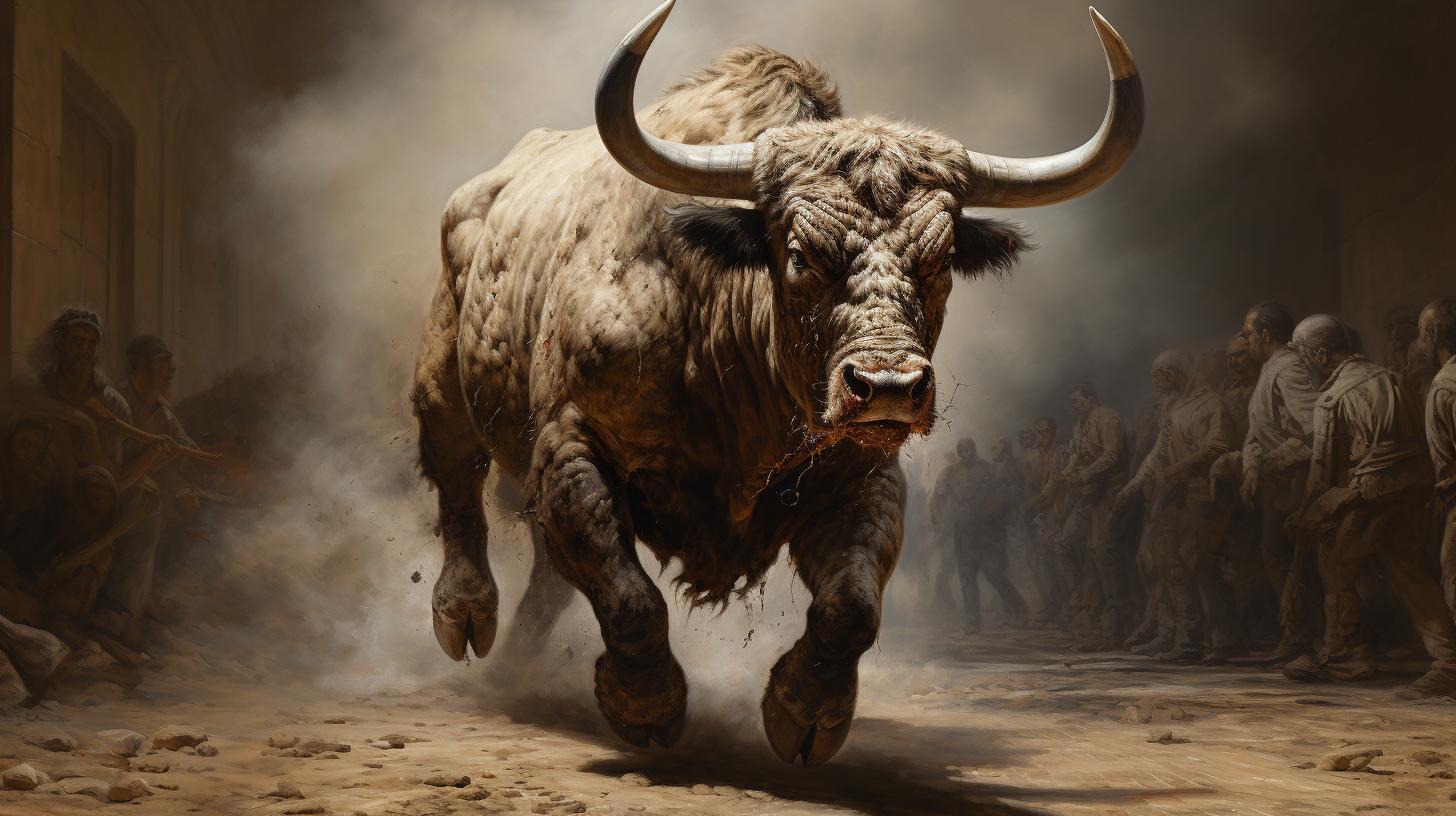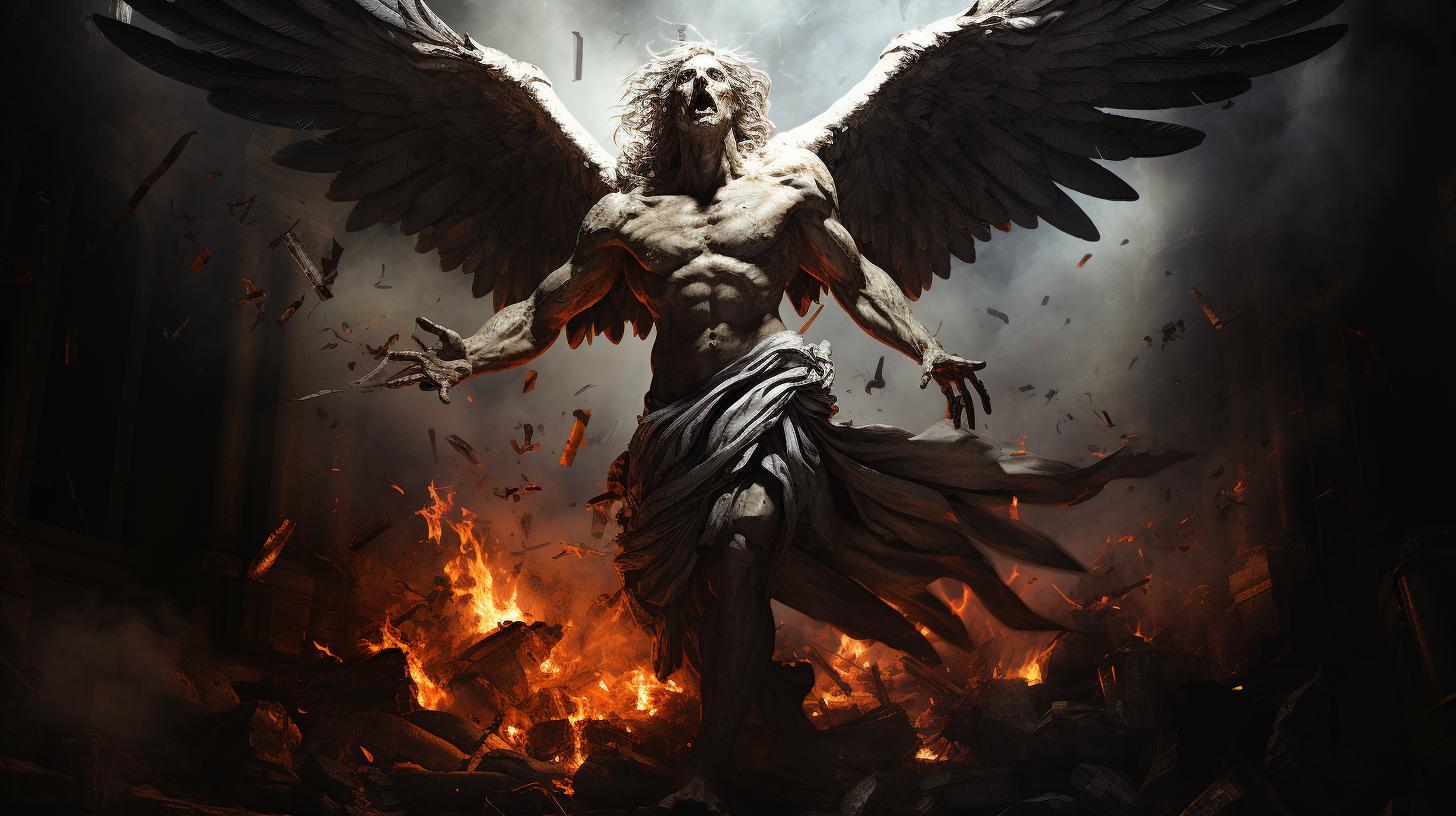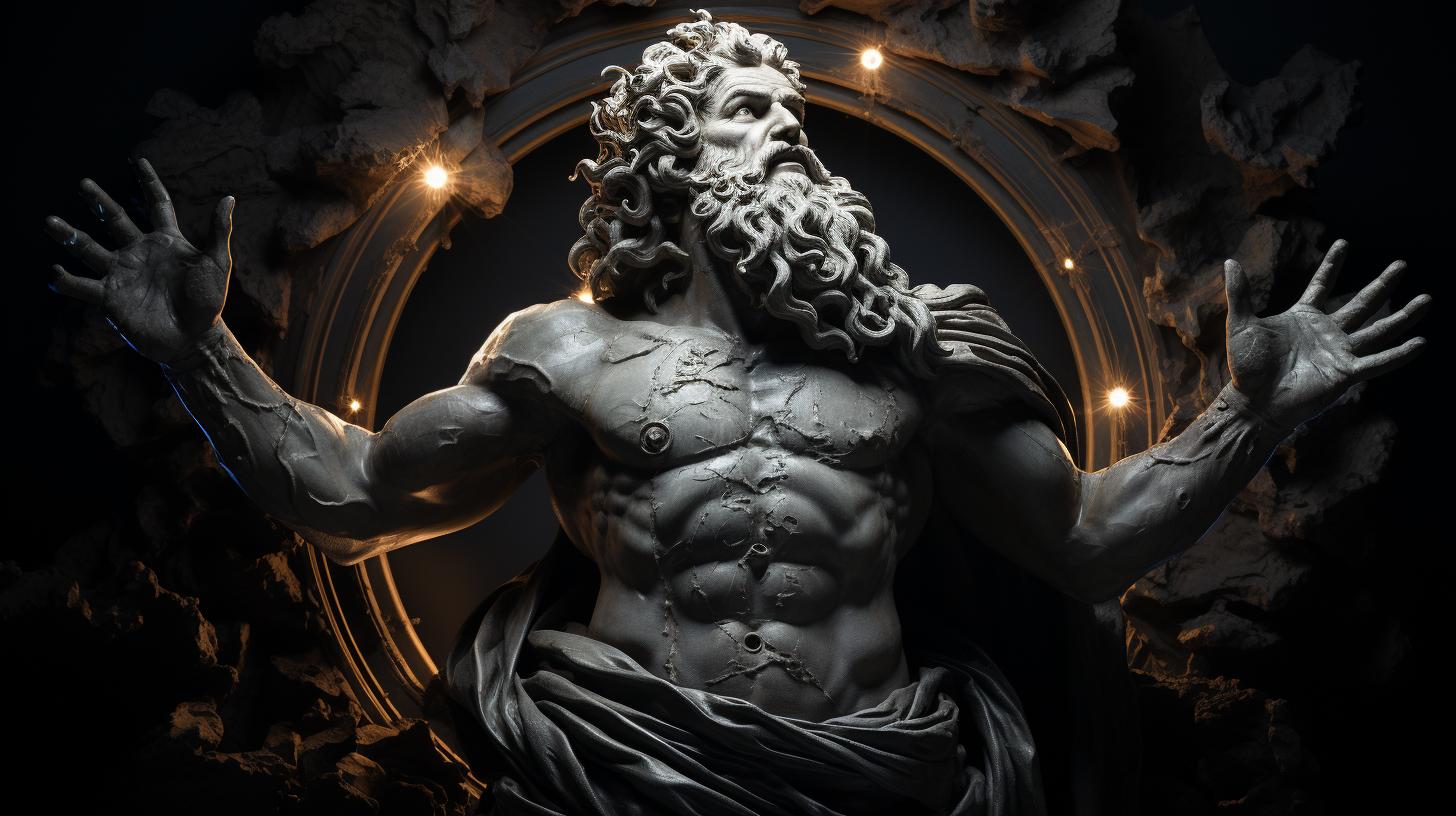Explore the Enigmatic World of Athos Greek Mythology

Athos Greek mythology holds a significant place in the rich tapestry of Greek folklore and legends. This mystical realm is centered around Mount Athos, a sacred mountain in Greece.
Its origins are rooted in ancient stories and myths, where Athos, a lesser god and demigod, personifies this revered mountain. Explore the captivating world of Athos Greek mythology, delve into the mythical beings and legends, and discover the historical significance of Mount Athos as a center of Eastern Orthodox monasticism.
Embark on a journey to unveil the ancient Greek mythology of Athos and experience the spiritual allure of this holy mountain.
Overview of Athos Greek Mythology
Athos Greek mythology delves into the captivating world of ancient tales, legends, and divine beings that surround Mount Athos. This overview provides insight into the rich tapestry of Greek mythology, with a particular focus on the significance of Athos within this mythological realm.
Introduction to Greek Mythology
Greek mythology, a cornerstone of ancient Greek culture, encompasses a vast collection of myths and stories that were passed down through generations. These tales explore the relationships between gods, goddesses, heroes, and mortal beings, seeking to explain and make sense of the world.
Significance of Athos in Greek Mythology
Athos holds a prominent place in Greek mythology, revered as a sacred mountain with divine associations. According to legend, Athos personifies a minor god and demigod, serving as one of the ten Ourea, offspring of Gaia, the Earth personification.
Each of these semidivine beings represents different mountains in Greece, with Athos being among them.
The intriguing mythological origins of Athos are steeped in tales of bravery and divine conflicts. Different versions recount how Athos attempted to attack the gods during the Gigantomachia, a battle between gods and giants.
These narratives offer varying explanations for the creation of Mount Athos, either through Athos’ failed rock-throwing attempt or Poseidon’s intervention.
While Athos may not be widely known in Greek mythology, Mount Athos has been mentioned in various literary works, such as Homer’s Iliad and the accounts of Herodotus.
Throughout the centuries, this majestic mountain has inspired mystery and legends, captivating the imagination of those who venture into its sacred domain.
Furthermore, Athos Greek mythology influenced Greek culture and arts, leaving an indelible mark on naming practices.
The association with Athos is reflected in several famous names throughout history. The profound significance of Athos in Greek mythology cannot be understated and continues to resonate to this day.
Athos, the Mountain of Legends
Athos, the towering mountain entrenched in the realm of Greek mythology, holds a myriad of captivating tales and mythological origins. Within its majestic presence, stories unfold, revealing the enigmatic creation and significance of this mythical peak.
Mythological Origins of Athos
The origins of Athos are steeped in ancient myth and legend. According to one version, during the epic battle known as Gigantomachia, Athos, in a daring attempt to strike at the gods, hurled a colossal rock.
However, his effort failed, resulting in the rock plummeting into the Aegean Sea and giving birth to the magnificent Mount Athos.
Various Versions of Athos’ Story
The story of Athos has been recounted in diverse ways throughout history. Another variant accounts Poseidon, the mighty god of the sea, hurling a massive rock upon Athos, imprisoning him beneath it and forming the very foundation of the mountain itself.
These differing narratives add layers of mystique to the lore surrounding Athos.
Role of Athos in Gigantomachia
Athos’s role in the tumultuous clash between gods and giants, known as Gigantomachia, enhances his mythical legacy. While his attempt to defy the gods with a boulder ultimately failed, the significance of his actions in this epic encounter resonates deeply within the annals of Greek mythology, forever linking Athos to this grand celestial struggle.
The Mythical Beings in Athos Greek Mythology
Embarking on the exploration of Athos Greek mythology unveils a fascinating world filled with mythical beings and legends. This section delves into the semidivine Ourea and their representations, as well as the connection between Athos and other Greek mythological figures.
Semidivine Ourea and their Representations
The Ourea, semidivine beings, play a significant role in Greek mythology, personifying the different mountains of Greece. Among them, Athos stands as a revered figure, representing the sacred Mount Athos.
These ancient mythical beings are often portrayed as elderly men, inhabiting their respective mountains.
The character of Athos, as a semidivine Ourea, symbolizes the mountain’s power and spiritual significance. Despite being lesser-known in Greek mythology, the representation of Athos in this context provides insight into the revered nature of Mount Athos in ancient tales and beliefs.
Athos and Other Greek Mythological Figures
Athos Greek mythology intertwines with various other mythological figures, expanding the richness of this ancient lore. Within this mythical realm, gods, goddesses, and legendary heroes are associated with Athos, either through tales or symbolic connections.
- Poseidon: In one version of Athos’ origin story, it was Poseidon, the Greek god of the sea, who cast a massive rock upon Athos, imprisoning him beneath it and creating the mountain itself.
- Gaia: Gaia, the personification of the Earth, is the mother of the ten Ourea, including Athos.
Her connection to Athos further highlights the sacredness and divine qualities attributed to the mountain.
- Gigantes: Athos’ involvement in the Gigantomachia, the battle between gods and giants, showcases his attempted rebellion against the gods and his connection to this significant mythological event.
The presence of Athos alongside these influential mythological figures adds depth and intrigue to his character, emphasizing the interwoven nature of Athos Greek mythology with other tales from ancient Greece.
The Connection between Athos and Greek Names
Within Athos Greek mythology, the influence of Athos extends beyond mythical tales and legends. It has played a significant role in shaping Greek naming practices and has been associated with numerous famous names throughout history.
The Influence of Athos on Greek Naming Practices
Athos, being a sacred mountain in Greek mythology, holds a revered status that has impacted the choices of names in Greek culture. Parents often draw inspiration from the rich mythology surrounding Athos, seeking to bestow names that reflect strength, wisdom, and divine qualities associated with the mountain.
This influence can be seen through the prevalence of names related to Athos, such as Athanasios, which means “immortal” and symbolizes the eternity of Athos’ presence in Greek mythology. Other names like Theodoros, meaning “gift of the gods,” reflect the divine connection linked to Athos as a holy site.
Famous Names Associated with Athos Greek Mythology
Athos Greek mythology has given rise to renowned names that are deeply rooted in this ancient tradition. One notable example is Alexander, derived from Alexander the Great, who had a significant impact on the region surrounding Athos.
His conquests left an indelible mark on the area, further intertwining his name with the mythology and history of Athos.
Another influential name associated with Athos is Herodotus, an ancient historian whose writings have preserved the stories and legends of the mountain.
Through his documentation of Greek mythology, Herodotus solidified the connection between Athos and the wider world. His name, along with others such as Homer and Plato, serves as a reminder of the enduring cultural significance of Athos.
In conclusion, Athos Greek mythology has left a lasting impression on Greek naming practices. The divine essence of Athos has inspired parents to choose names that reflect the mountain’s symbolism and connection to the gods.
Additionally, the association of famous names with Athos further reinforces the profound impact of Greek mythology on the culture and history of this revered mountain.
Mount Athos: The Holy Mountain
The sacred Mount Athos holds immense historical significance and is revered as the ‘Holy Mountain’.
This section explores the rich heritage and spiritual importance of this unique location.
Historical Significance of Mount Athos
Mount Athos has played a pivotal role throughout history, being ruled by the Romans and the Byzantine Empire. It has witnessed the rise and fall of civilizations and endured incursions by barbarian tribes.
The mountain’s turbulent past adds to its allure and makes it a testament to the resilience of human civilization.
Mount Athos in Literature and History
The literary and historical references to Mount Athos are plentiful. Renowned works like Homer’s Iliad and the chronicles of Herodotus mention the mountain in various contexts. These writings highlights the cultural significance and mythical associations of Mount Athos, immortalizing it in the annals of literature and history.
A Center for Eastern Orthodox Monasticism
The Mount Athos peninsula is home to numerous monasteries and hermitages, making it a hub of Eastern Orthodox monasticism. These monastic traditions date back centuries and continue to thrive, attracting believers and pilgrims from around the world.
The monasteries on Mount Athos are characterized by their remarkable architecture, spiritual devotion, and dedication to a secluded way of life.
Mount Athos Monastery Complexes
Mount Athos is renowned for its awe-inspiring monastic complexes that dot its picturesque landscape. These sacred sites serve as spiritual havens for devout pilgrims, offering a serene retreat away from the bustle of the outside world.
Let’s delve into an overview of the monasteries on Mount Athos, explore their architectural marvels, and gain insight into the daily life and practices within these monastic communities.
Overview of Monasteries on Mount Athos
The Mount Athos monastic community is home to around 20 monasteries, each with its own unique history and significance.
These monasteries, dating back centuries, are nestled amidst verdant hills, overlooking the breathtaking Aegean Sea. Each monastery follows a distinct order and is dedicated to various saints or religious events. Visitors can explore these monasteries to witness their rich cultural heritage and immerse themselves in the spiritual atmosphere.
Architectural Marvels of Athos Monasteries
The monasteries on Mount Athos boast remarkable architecture that combines Byzantine, Ottoman, and traditional Greek influences. From intricately adorned chapels to imposing watchtowers, the monasteries showcase the craftsmanship and devotion of the monks who built them.
The vibrant frescoes, stunning mosaics, and ornate woodcarvings found within these monastic complexes are a testament to the artistic heritage of Greece and the Byzantine era.
Daily Life and Practices in Athos Monasteries
Life within the monastic communities of Mount Athos revolves around prayer, meditation, and asceticism.
The monks follow a strict daily routine, starting before dawn with religious services and engaging in manual labor for sustenance. Visitors can witness the harmonious blend of spiritual devotion and self-sufficiency as they observe the monks tending to their gardens, working in the workshops, and participating in communal meals.
The monasteries also hold religious processions, cultural events, and offer spiritual guidance to pilgrims seeking solace and enlightenment.
As you explore the Mount Athos monastery complexes, you’ll be transported to a realm of tranquility and deep-rooted spirituality.
From the diverse monastic orders to the captivating architectural gems, and the daily rituals of devotion, these sacred sites offer an enriching experience for those drawn to the mystique of Eastern Orthodox monasticism.
Exploring the Ancient Greek Mythology of Athos
Embarking on a journey of exploration takes us deep into the rich and captivating world of Ancient Greek Mythology associated with Athos. As we delve into the myths and legends surrounding this sacred mountain, we encounter a host of gods and goddesses that are intricately linked with Athos.
Gods and Goddesses Associated with Athos
In the realm of Athos Greek Mythology, several deities hold a significant place. Poseidon, the god of the sea, plays a crucial role in the mythological origins of Athos. Other gods and goddesses like Zeus, Apollo, Artemis, and Athena also have connections to Athos, contributing to the tales and symbolism associated with the mountain.
Legendary Tales and Creatures in Athos Mythology
- Mythical tales that surround Athos captivate our imagination and transport us to a world of heroes, giants, and mighty battles. These narratives bring forth fascinating accounts of bravery and triumph, where the mountain serves as a backdrop for legendary encounters.
- Within the realm of Athos Greek Mythology, we encounter awe-inspiring creatures such as the Giants, Cyclopes, and nymphs.
These mythical beings contribute to the mystique and allure of Athos, adding layers of wonder and enchantment to its mythological heritage.
Influence of Athos Greek Mythology on Greek Culture and Arts
The impact of Athos Greek Mythology extends beyond the realms of ancient tales, shaping the culture and arts of ancient Greece.
Through various forms of artistic expression such as literature, sculpture, and painting, the stories and symbolism of Athos have left an indelible mark on Greek artistic traditions.
Artists have found inspiration in the legendary tales of Athos, bringing to life the gods, heroes, and mythical creatures associated with the mountain.
The influence of Athos Greek Mythology can be seen in the works of renowned Greek poets, playwrights, and visual artists throughout history.
Exploring the Ancient Greek Mythology of Athos takes us on a captivating journey through the realms of gods and goddesses, legendary tales, and the enduring influence on Greek culture and arts.
This immersive exploration offers insights into the rich mythological heritage surrounding Mount Athos, allowing us to appreciate its significance within the tapestry of Greek mythology.
Journeying to Mount Athos: A Pilgrimage Experience
Embarking on a pilgrimage to Mount Athos is a profound and transformative experience that brings seekers closer to the spiritual essence of Athos Greek mythology.
This sacred mountain holds a significant place in Eastern Orthodox monasticism and offers a unique opportunity for reflection, rejuvenation, and personal growth. As you prepare for this extraordinary journey, it is important to familiarize yourself with the guidelines and regulations that govern visits to Mount Athos, ensuring a safe and respectful pilgrimage.
Visiting Mount Athos: Guidelines and Regulations
Before planning your trip, it is crucial to understand the rules and restrictions set forth by the monastic community of Mount Athos. These guidelines aim to preserve the spiritual ambiance of the Holy Mountain and ensure the sanctity of the monastic lifestyle.
Some key considerations include obtaining the necessary entry permit, adhering to dress codes, respecting sacred spaces, and observing quiet hours. It is also essential to arrange accommodation in advance, as only a limited number of pilgrims are allowed per day.
Spiritual Experiences and Retreats on Mount Athos
A pilgrimage to Mount Athos offers an array of spiritual experiences and the opportunity to immerse oneself in the rich heritage of Eastern Orthodox Christianity. The monasteries on the mountain organize various retreats, spiritual workshops, and prayer services, tailored to deepen your understanding of Athos Greek mythology and enhance your spiritual connection.
From participating in ancient rituals to engaging in discussions with monks and spiritual leaders, these experiences provide a profound sense of spiritual upliftment and enlightenment.
Impact of Mount Athos on Personal Spiritual Growth
The transformative power of Mount Athos extends beyond the duration of the pilgrimage, leaving a lasting impact on one’s personal spiritual journey. The serene atmosphere, the guidance of wise monastic elders, and the immersion in prayer and contemplation all contribute to a deeper understanding of oneself and the divine.
Many pilgrims report a sense of clarity, renewed faith, and a heightened connection to the sacred. The lessons learned and the spiritual growth achieved during the pilgrimage continue to resonate long after leaving the Holy Mountain.
.




















